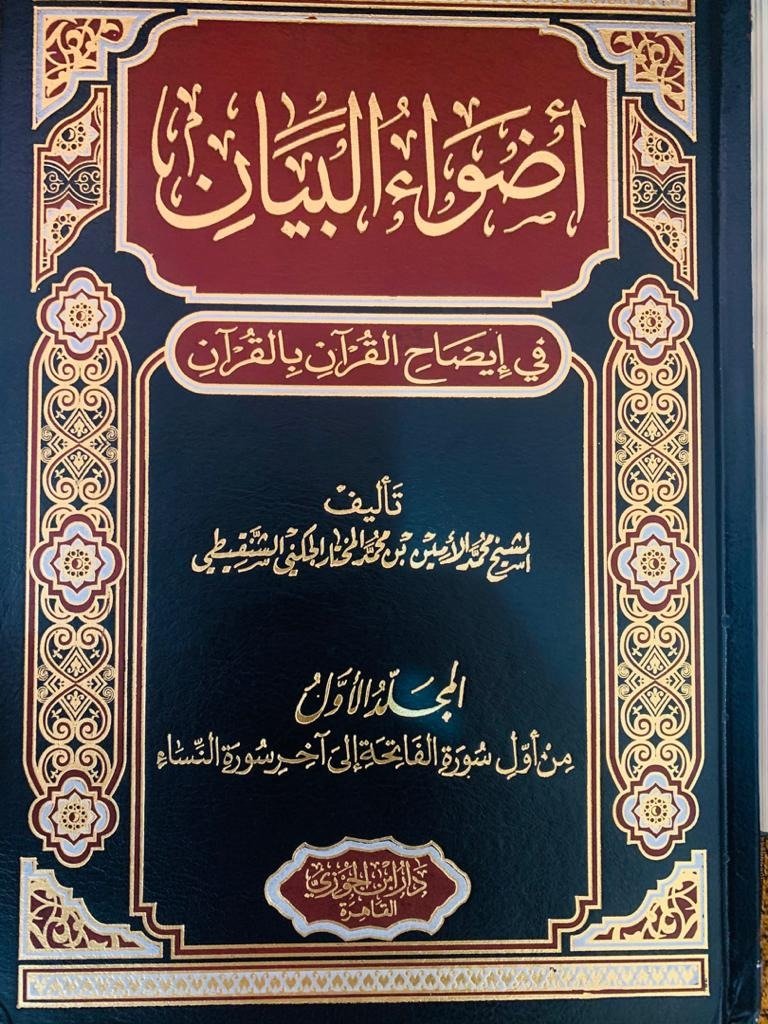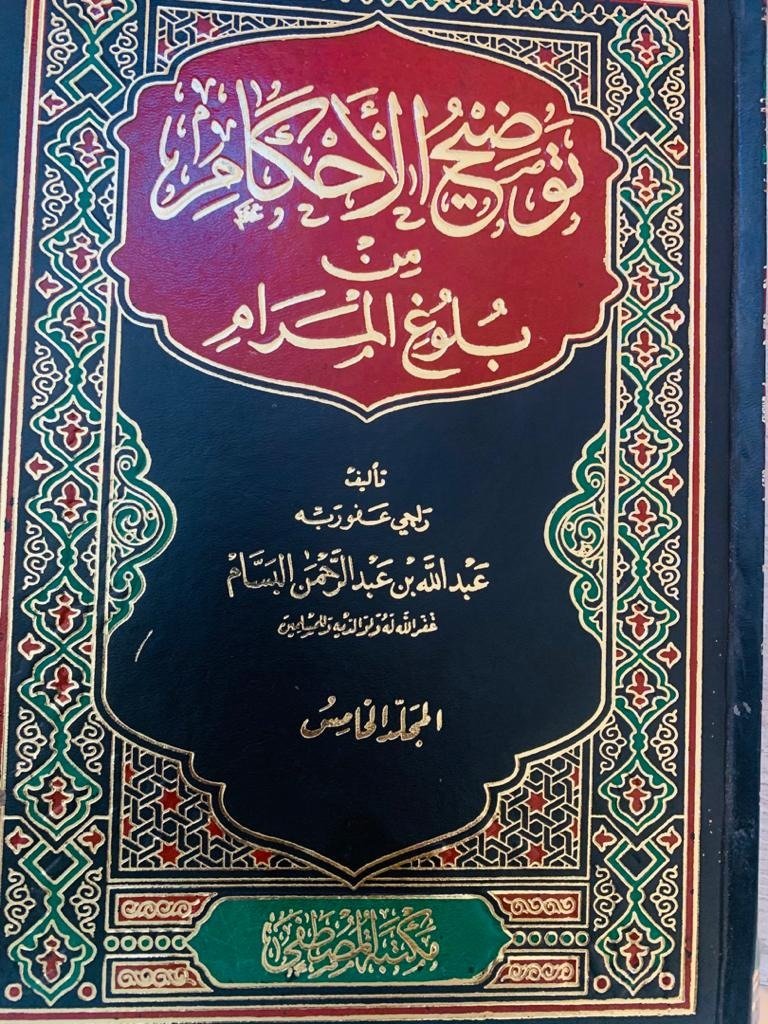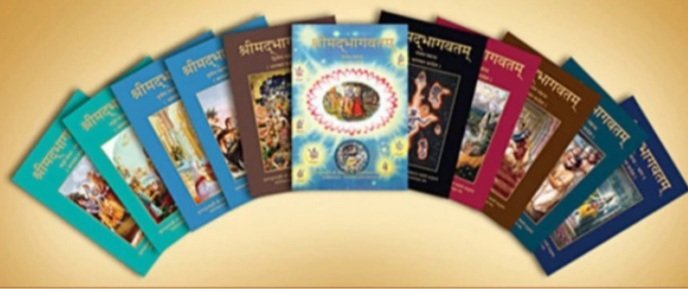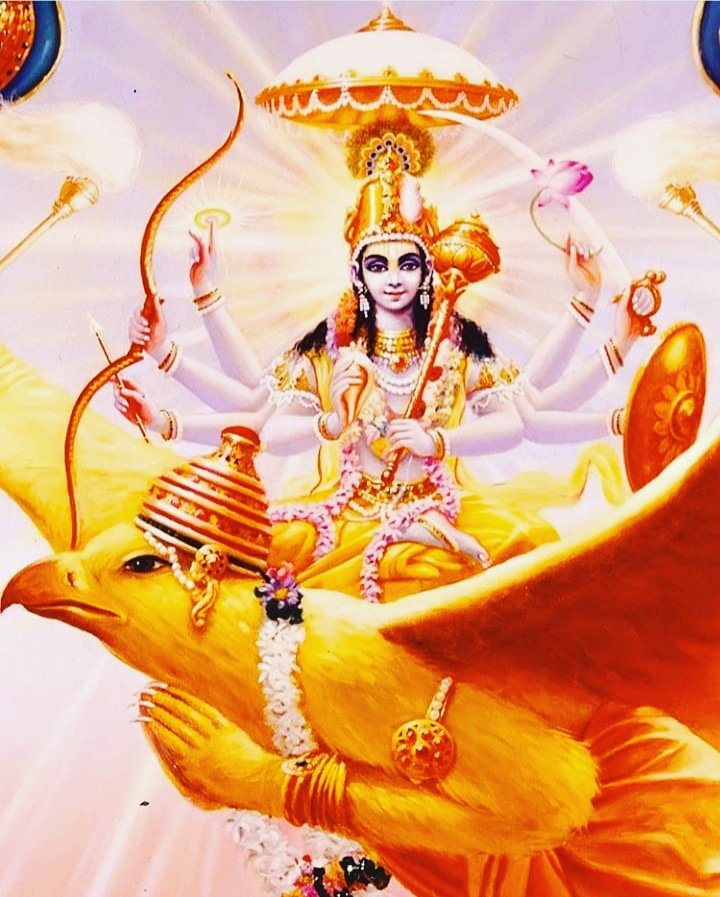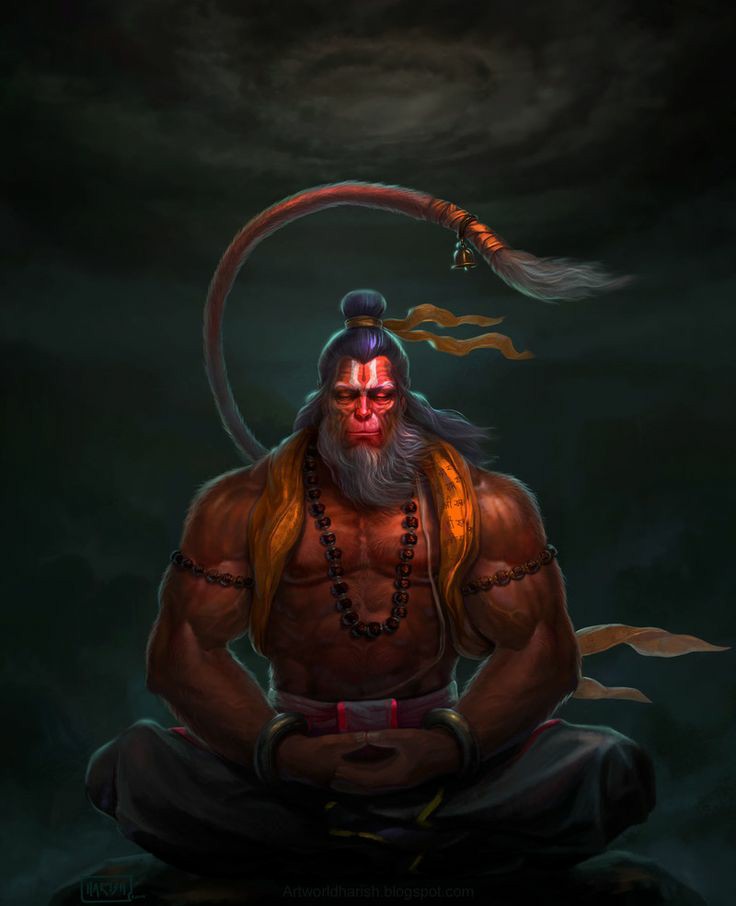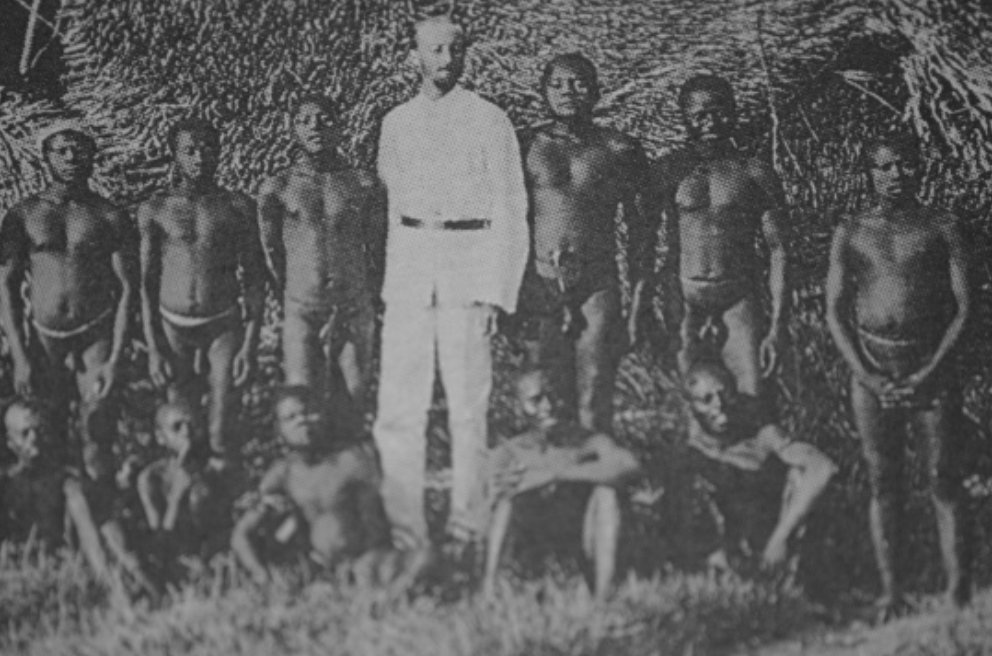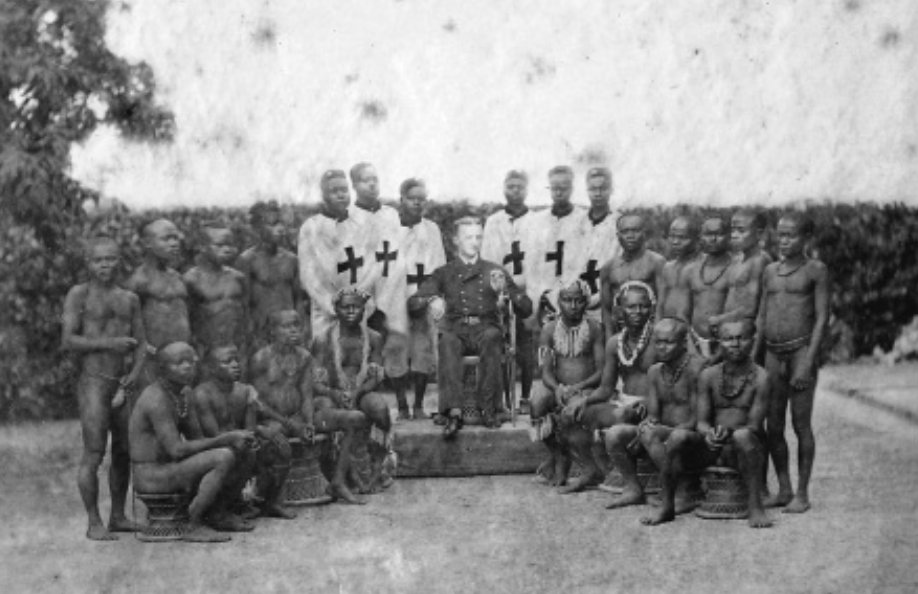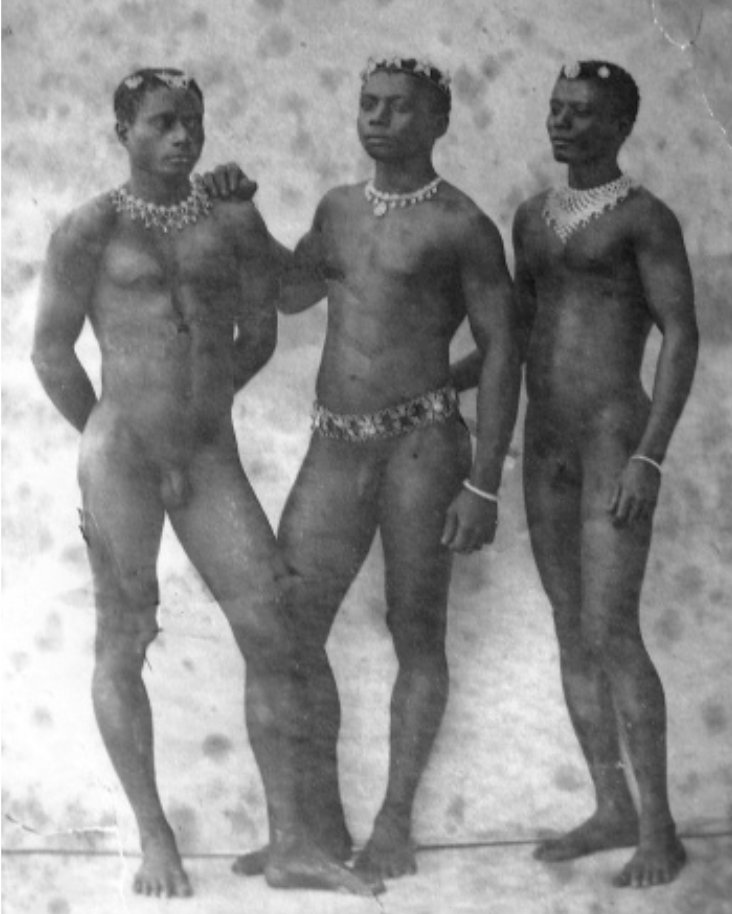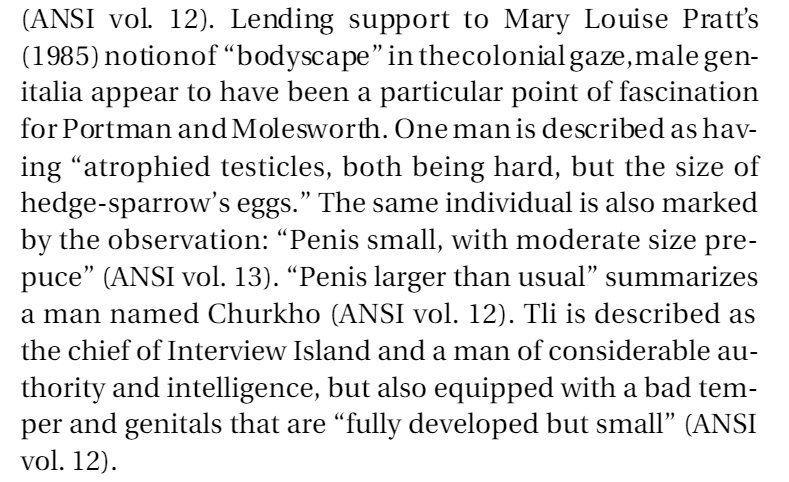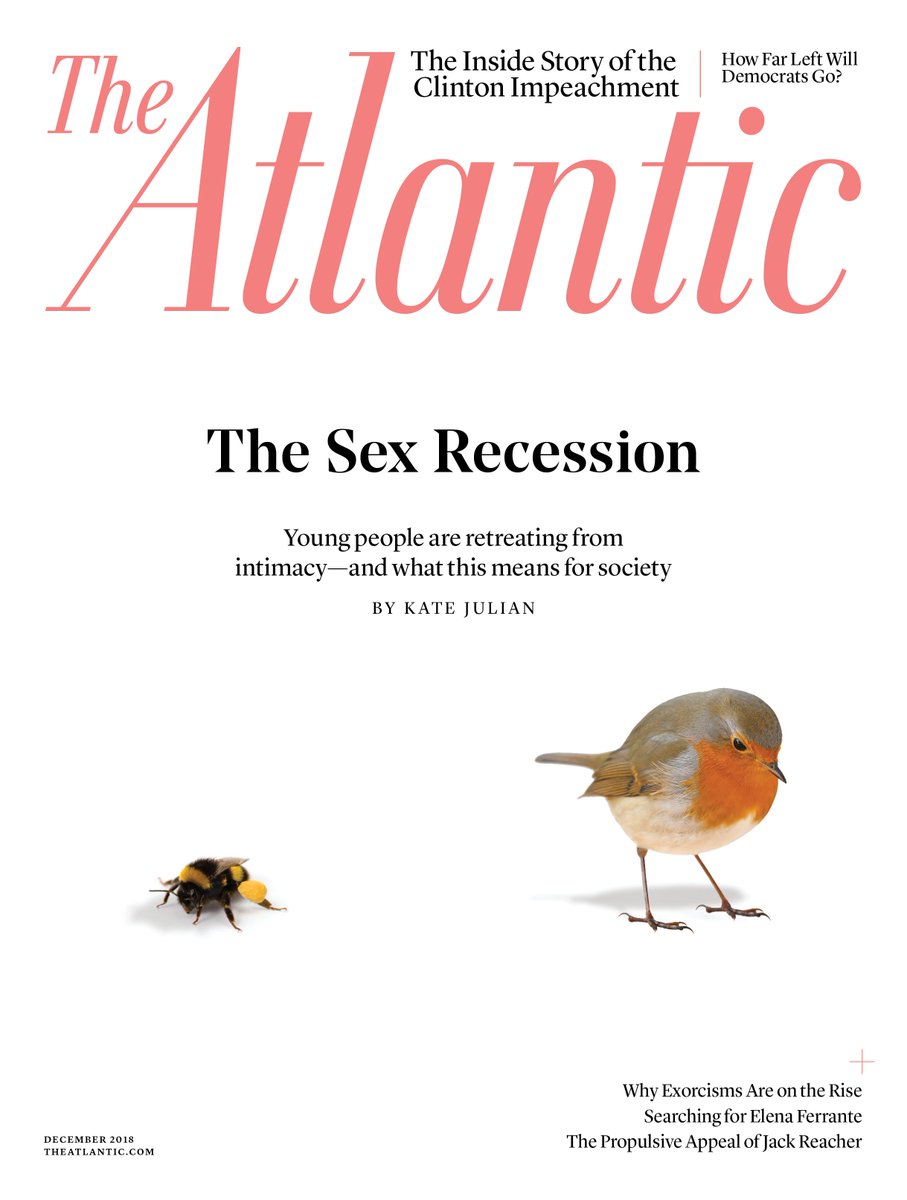1. First off, a disclaimer. Should you feel hurt by my words in the course of the thread, then forgive me. It’s from me and not from Islam. And I probably have to improve on my delivery. And I may not quote you verbatim, but the intended meaning would be there. Thank You!
2. Standing on Imam Shafii’s quote: “And I never debated anyone but that I did not mind whether Allah clarified the truth on my tongue or his tongue” or “I never once debated anyone hoping to win the debate; rather I always wished that the truth would come from his side.”
3. Okay, into the meat (my love for meat is showing. Lol) of the thread. Even though you didn’t mention the verse that permitted polygamy, everyone knows the verse you were talking about (Q4:3).
4. Your reasons for the revelation of the verse are strange. The first time I came across such. I had to quickly consult the books on the exegeses or tafsir of the Quran written by renowned specialists!
5. This is to give you the benefit of doubt that I must have missed those reasons and to confirm or rebuff your take.
6. I went through numerous books of tafsir but I will post only 5 in order not to lengthen the thread. On getting there, none of them has anything close to your take. Bummer!
7. First is, “Adwa’ul Bayan” by Sheikh Muhammadul Amin Ash-Shanqiti. As attested by scholars, the book is probably the best Tafsir of Quran using the same Quran (Tafsirul Quran Bil Quran). I will painstakingly explain excerpts of what’s therein.
8. However, I will not have to go through the subsequent books because they almost have the same message but I will post the books and their texts in order to be pedantic and erase doubts.
9. The reason for the revelation as seen in this book and was reported by Bukhari in his Saheeh was on orphans. Aisha the wife of the prophet (RA) was asked on this verse.
10.At-tasheel Li Uluumul Tanzil by Sheikh Muhammad Bn Ahmad Bn Juzay Al-Kalbi.
11. Umdatul Tafsir An Al-Hafiz Ibn Kathir. By Sheikh Ahmad Shakir.
12. Jaami’ Bayaan Fii Ta’weelul Quran by Imam Tabri.
13. Tafsirul Kabir By Sheikh Fakhurdden Al-Razi.
14. There was an orphan (girl) under the care of a man. He married her and she owned a date palm (garden). He married her just because of that and not because he loved her. So the Divine Verse came regarding his case:
15. If you fear that you shall not be able to deal justly with the orphan girls, then you should marry other women be it 2, 3, 4 or just 1 and let the orphan girls be!
16. This verse (Q4:3) cannot be interpreted without giving it its proper context. The preceding verse started the discussion. (Cont).
What used to be the case was, guardians of orphans used to cheat orphans by adding the wealth inherited by orphans onto their wealth and give them little or nothing. Then came the verse (Q4:2).
17. Q4:3 continued the discussion, but this time focusing on the orphan girl as explained by Aisha (RA) in the Hadith in Sahih Bukhari. The guardians did not only marry them for their wealth, they also gave little as the dowry.
18. For instance, the lady of her kind is supposed to get 50K as dowry because of her education, beauty, from noble family etc, they were cheating them by giving say 15K or 20K due to the fact that they were doubling as their guardians and prospective husbands.
19. Islam ended that unless with justice and then put a cap on the maximum number one could go as well as extended the ruling on every man.
20. The people still asked Allah's Messenger his instructions after the revelation of this Divine Verse (Q4; 3) whereupon Allah revealed another verse again: (Q4:127).
21. Going by the logic you applied that the verse came to stop men from copulating with more than 4 women is a little bit far-fetched. You based your argument solely on that historical and social context.
22.What it did was to put a ceiling on the official and sacramental wives to 4 and still allowed having concubines or slave women.
23. The verse mentioned 4 and still said if you are afraid of being unjust, then marry one or go to what your right hand possessed (concubines/slaves).
24. Against the backdrop of your opinion, it falls under Mu’amalat, and Mu’amalat changes with time. It is dynamic. What do I mean by that?
25. It was social and political change that brought an end to having concubines or slave women. Yes, Islam encouraged freeing slaves (especially the women slaves) and even commanded that when there is Kaffara to be made.
26. But Islam didn’t stop that because the social and political milieu of yester-centuries didn’t allow that. It’s either you conquer new lands with which the spoils of war were attached or you get conquered too.
27. These spoil of wars include capturing slaves. The world evolved, then came the UN Treaty that brought the world together where you just cannot invade a country, occupy their lands and capture slaves. Everyone has freedom and can’t be a slave.
28. And Islam is more than happy with such development and it is haram to capture a free man/woman and take him or her as a slave.
29. One would apply syllogism and say, since the world has evolved from capturing slaves, why are men still allowed to marry 4 wives if the reason for the revelation of the verse was just to regulate having so many women?
30. Just the way some Feminists at the 2018 & 19 Kaduna Books and Arts Festival applied logic on the verses of Laws of Inheritance and suggested that Women should get equal share like that of men because the reason for the revelation of the verse has historical & social context.
31. Women were not considered as humans before Islam and Islam came to regulate that and slowly make them humans. Now that the world has evolved and women are fully emancipated and enlightened, even doing better than some men, then they should get equal share just like men.
32. Not knowing why Allah said that, and it is not always the case that men get double. Our mothers get the same share as our fathers. (A topic for another day).
33. Yes, Islam ended marrying several wives and capped it to 4. Why 4? Why the magic number? I don’t know the wisdom behind that.
34. The verse that mentioned 4 wives, has a context first, and then it was extended to every man. How do I know the verse came first before the prohibition on marrying more than 4?
35. This takes us to this Hadith in Bulooghul Maraam. Forget about the defect mentioned in the Hadith. We are assuming it did happen. And you can see in the 2nd & 3rd pics, other scholars said it is authentic. So we good! (Pay attention to the curly brackets).
36. The book above is one of the best Sharh of Bulugul Maraam, and looking at the circle I made in picture 3 of tweet 35, the author, Sheikh Abdullah Al Bassam mentioned the verse in contention (Q4:3) as the reason for the prohibition.
37. This is to say, the practice of having several wives continued until that verse was revealed. Just like other practices of Jahiliyya continued until verses came that stopped them at the right time.
38. And polygamy wasn’t the only marital practice. In matriarchal societies, it was polyandry that was the norm. Islam addressed everything accordingly.
39. Solely basing the interpretation of that verse as you opined, is going to be a slippery slope just like Moulavi Chiragh Ali opined that polygamy has been abolished or abrogated. That’s not how abrogation works in Quran.
40. Using such logic, there would many reinterpretation and democratization of the Quran based on our whims and desires. The Quran won’t be recognizable again.
41. I remember how at the 2018 KABAFEST a lady said, our religious books should be left to one’s interpretation and act accordingly without asking how any scholar interpreted it. I didn’t have the chance to reply immediately.
42.I met her after that session and I asked, who is allowed and recognized to interpret Nigeria’s constitution? She said “Lawyers”. (Cont).
And I said you agree to Lawyer’s interpretation of the Nigerian Constitution but disagree to scholars’ interpretation of religious text despite having a divine touch.
43. She was mute and I left. I was even made to understand there is a hierarchy at the Court. The most senior gets listened to at the court first. 2017 “Call to Bar” na Oga to 2018 set.
44. But when it comes to sacred texts, we don’t extend the same courtesy and hierarchy to scholars. I learn one or two Arabic words, completed 2-3 books on Orientalism & Gender Studies, the next thing is to call out the entire scholars in the history of Islam. Allah ya kyauta!
45. And then the misconception that there can never be justice in polygamy. The words “Adl’ meaning “justice” and “Al-Mail” meaning “Emotional Inclination or Proclivity” are being conflated and confused.
46.Again, Sheikh Muhammadul Amin Shanqiti explained that misconception in his book “Daf’u iiham idtiraab an Ayatil Kitab”. He brought the verse (Q4:129) and explained thus: The justice between one’s wives mentioned by Allah is possible and achievable by granting her rights.
47. And the justice that is impossible is inclination or proclivity is emotional justice and not actions. Such emotional justice is not under man’s control.
48. Therefore, if one is emotionally inclined towards one of his wives because for reasons best known to him, she should fear Allah, and strive for balance as well as grant the other wife her rights.
49. Further explanation from my Sheikh.
https://t.co/ISUEPFQdo3
50. Being just action-wise, includes giving them what others got. Say, for example, one has two wives, fat and slim (Even though it’s hypothetical, I am not body shaming anyone).
51. The fat one requires say 8 yards to be enough to clothe her and the slim one 4 yards. Justice is giving them what is enough for them. 8 yards for the former and 4 yards for the latter respectively and of the same quality. Equity!
52. Insisting there can never be justice is a slippery slope with no end in sight. One would begin to wonder why the verse was revealed in the first place. It does nothing but casts doubts in one’s minds. Allah ya tsare mu daga irin wadanan tambayoyi.
53. A lady can decide not to be in a polygamy as one of the conditions before her marriage contract is established. And if the husband agrees, so be it. The moment the husband adds another wife, she’s automatically divorced from him. Shi fa musuluncin nan ba wahala.
54. Instead of taking this form interpretation, our scholars and appropriate authority need to come together and discuss the way forward on those who abuse polygamy and other gender-related abuses to avoid such interpretations.
55. The thread is long already and I could go on and on. I skipped so many things already. And Twitter isn’t the perfect place to discuss this exhaustively. May Allah bless you and preserve you. May increase us in beneficial knowledge and sincerity.
56. Mu yi ta hakuri. We are the people of “We hear and obey”. Some things will make sense to us and some things won’t. The wisdom of some rulings are clear to us and some are blurry or even opaque. May Allah reward us for our patience and obedience.
57. For those reading this thread, for the umpteenth time, please stop addressing me as Sheikh. I am not one and I don’t want to be one. It does nothing but add unnecessary attention and pressure on me. I love being called Muhammad Tukur or simply M Tukur. Cheers!
58. I am a struggling and striving Muslim just like many of you. May we do better. Ameen!
59. It took a great deal of persuasion to even do this thread. I am a full member of Football and Banter Twitter. Milan fans, we winning the league yeah? Messi is the GOAT. PR7 fans cry me a river!
60. May Allah bless and reward you and me, and everyone reading this thread. Ma’assalam!

